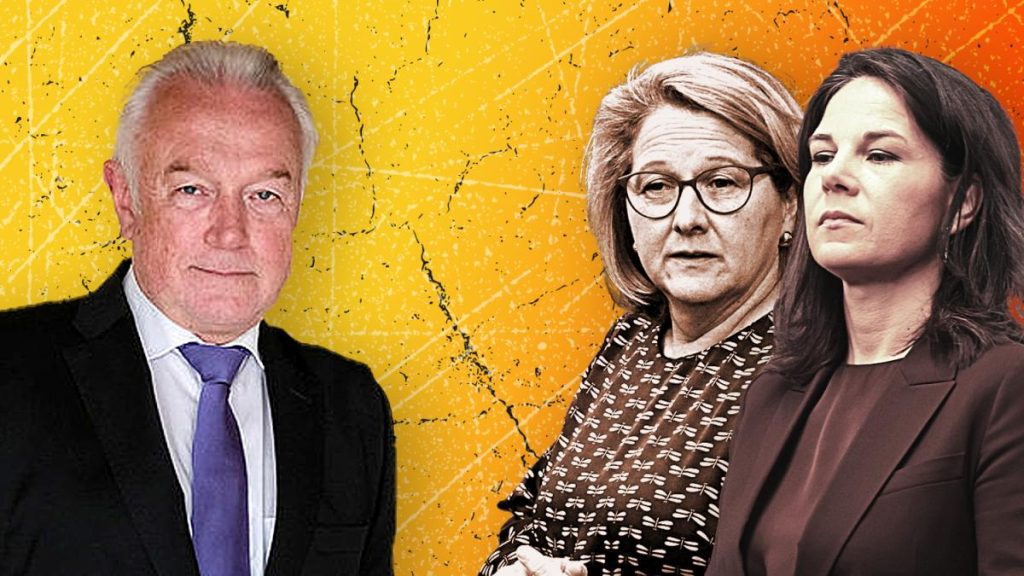Christian Lindner is at odds with several ministries over budget cuts proposed by the Federal Finance Minister for 2025 to meet the debt brake requirements. The FDP leader is demanding cuts of almost 25 billion euros compared to this year’s budget. However, some ministries, such as those of Foreign Minister Annalena Baerbock and Development Minister Svenja Schulze, are requesting more funds for purposes such as rebuilding Ukraine, crisis prevention and management in the poorest regions of the world, and supporting refugees outside of Europe. The Deputy FDP Chairman Wolfgang Kubicki criticizes these plans, calling for drastic cuts in Germany’s public development aid spending across all ministries to first restore Germany’s competitiveness before assisting other countries.
Germany led the G-7 countries with an ODA contribution of 0.83% of Gross National Income in 2022, surpassing the UN target of 0.7%. However, in absolute terms, the USA was the top donor, followed by Germany. Kubicki’s proposed reduction would mean Germany falling short of the UN target. The Ministry of Development states that cutting 20 billion euros from development aid would end Germany’s participation in international cooperation, damaging the country’s relations and economic interests. Opposition to Kubicki’s proposal comes from various parties in the Bundestag, with both the Greens and the Union criticizing the plan for being irresponsible and detrimental to Germany’s interests.
The Left party rejects the proposed cuts, stating that every euro invested in development aid results in up to three euros in revenue for German companies. They suggest exploring other avenues for savings, such as eliminating certain privileges to generate funds. The only party in favor of Kubicki’s plan is the AfD, as they argue that Germany should focus its aid on the least developed countries and those within its strategic interests. Legal hurdles would prevent an abrupt reduction in aid, as existing contracts and commitments bind the majority of funds for several years. Reliable partnerships and Germany’s role in the world would be at risk with such drastic cuts.
Critics argue that Germany’s reputation and role in the world would be significantly damaged by drastic cuts to development aid. They emphasize that the country’s historical position as a civil power and export nation necessitates a responsible approach to international cooperation. Some ODA expenditures, such as support for migrants in Germany and funding for foreign students, are not traditional development aid and are difficult to control directly through the federal budget. Germany’s role in international development and its impact on global stability and prosperity are essential considerations in determining future budget priorities.


